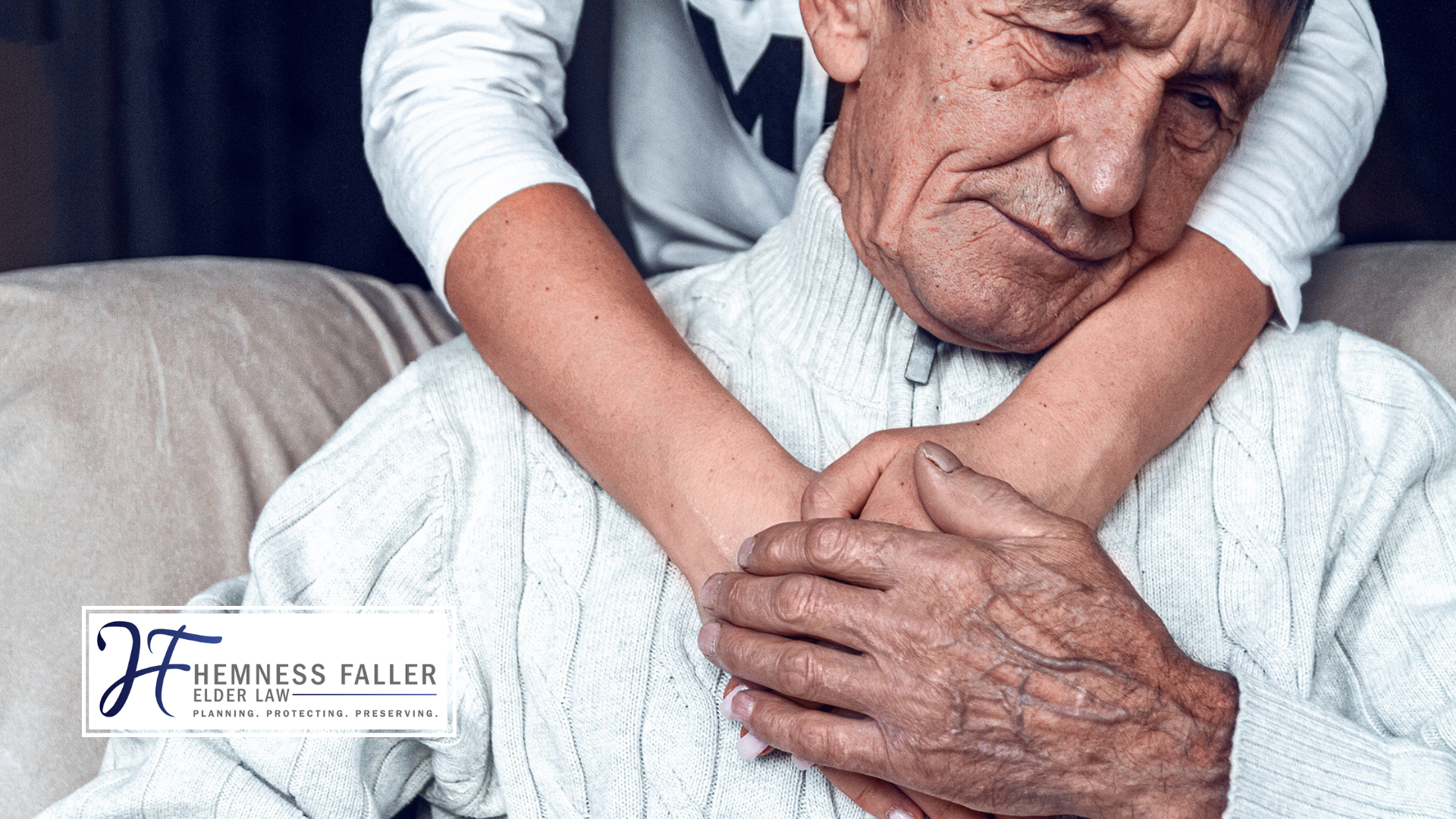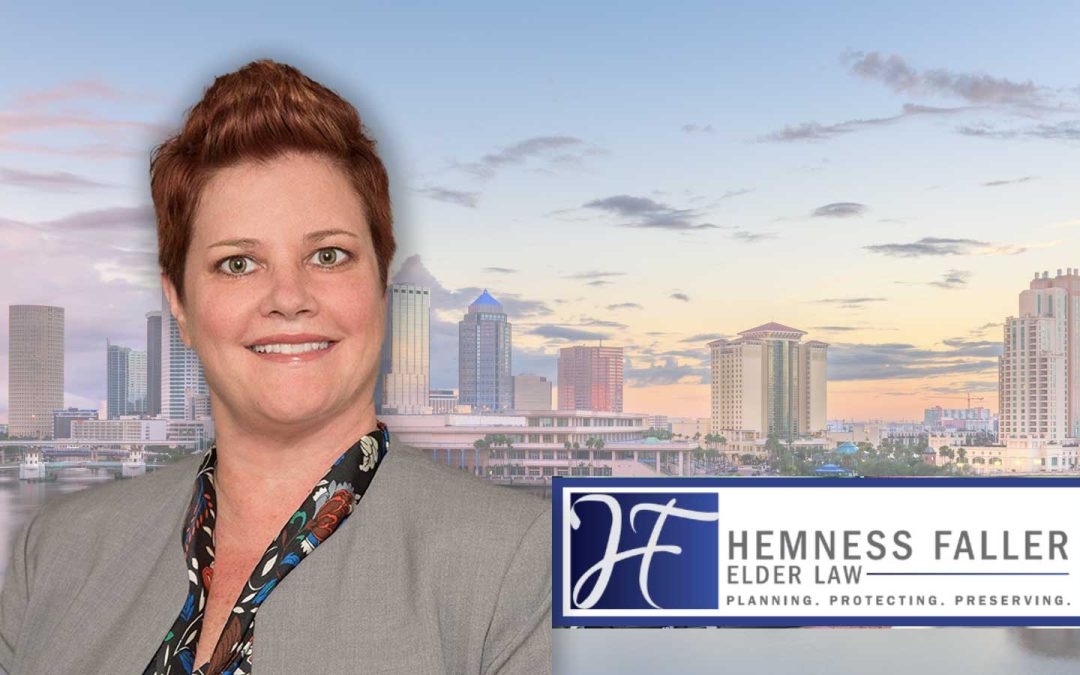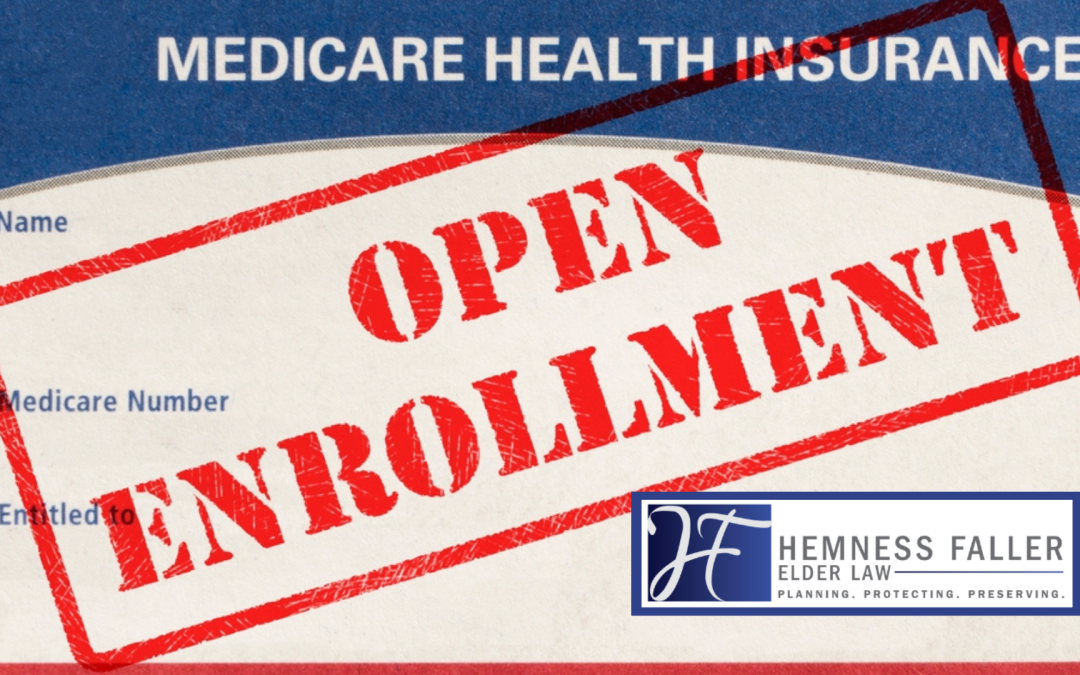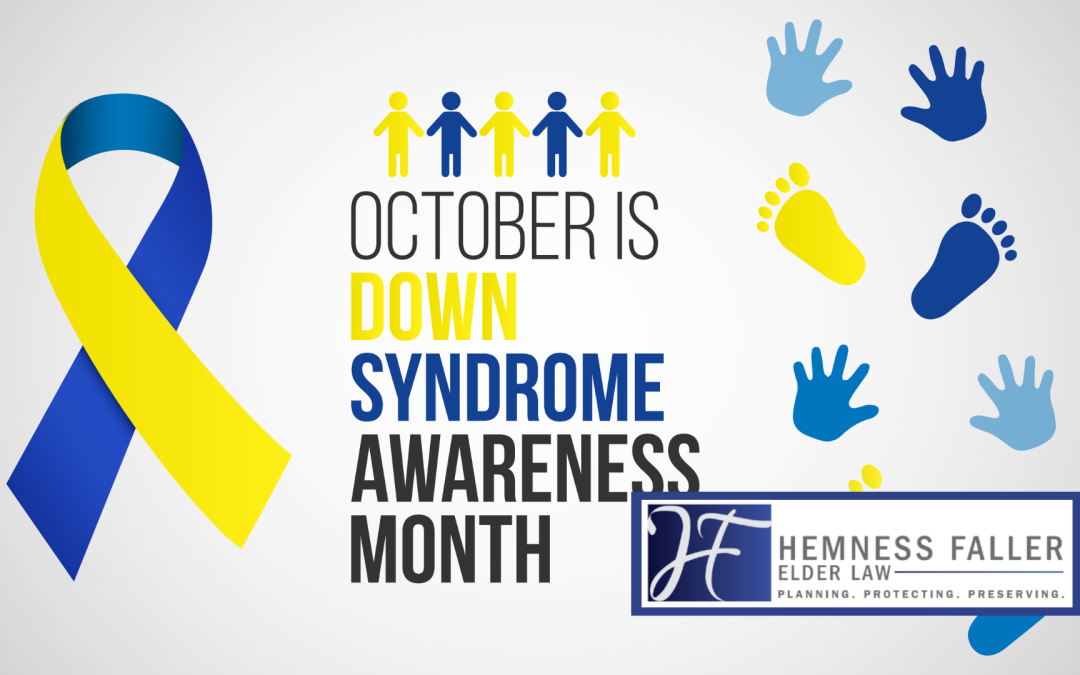Has a senior loved one in your family recently been diagnosed with dementia? Even though family members are involved with your loved one, are you considered the primary caregiver? It is difficult to watch your loved one struggle with dementia and see the sadness, confusion and even anger he or she may experience. How can you help your loved one cope with dementia and provide assistance?
First of all, do you know what happens when your senior loved one has dementia? Dementia causes damage to brain cells. This damage hinders the ability of the brain cells to communicate with each other. Therefore, when brain cells cannot communicate properly, thinking, behavior and feelings can be affected. This may be the cause of any behavioral changes in your loved one. For that reason, there may be nothing you can do to change him or her, nor should you expect the behavior to change. Remind yourself that any negative behavior you are witnessing may be the symptoms of his or her illness. We would like to share some ideas to use to comfort your loved one and to keep him or her safe within the disease process. We hope these ideas will help you, as well, as you care for your senior loved one.
Be aware that when a person has dementia, he or she can often be overwhelmed by the confusion of a situation. Be sure to keep any situations your loved one is involved in or explanations that need to be made, simple. Also, too many words, explanations, and voices are distracting, so again, keep it simple. For example: If family members want to visit, keep the number to two or three. When someone comes in that your loved one should know, just say, “Mom, your nephew, Tom, came by to see you.” This way your loved one is told the name and relation of the person without any embarrassment.
Routines are good to establish for your loved one with dementia, giving your loved one a sense of security. For example, establish a morning routine of waking up, having breakfast, brushing teeth and taking a shower. Keep your meal times the same each day. It is important to include a daily walk in your routine. These routines will provide structure for your loved one. You can help your loved one remember his or her routine by having a weekly and/or monthly written schedule hanging on the wall of the kitchen or family room. You and your loved one could each have a small notebook with schedules, appointments or visits to refer to when you or your loved one forget.
Help your loved one keep his or her dignity and serenity. Your goal is to always keep the dignity of your loved one. For example, if your loved one needs to use supportive devices, such as hearing aids or a walker, be sure to gently remind him or her, as opposed to a paternalistic or demeaning way. Another example, try to not argue with your loved one and stay calm. To repeat, the disease process may be responsible for making your loved one argumentative so try not to mirror your loved one’s anger with your own anger. Instead try to find out what is causing your loved one’s anger, be sure your loved one is not experiencing pain, focus on how he or she feels, try a relaxing activity or focus on another activity.
As the primary caregiver for your senior loved one, be sure to make time for yourself. Never hesitate to reach out to other family members for help. Remember that caring for a loved one with dementia is a full time job. You need to be aware that it may never go perfectly, so treat yourself with the same kindness that you treat your loved one. Be mindful of the fact that you are present and caring for your loved one and that can be the greatest source of support and comfort you can provide.
The experienced team of attorneys here at Hemness Faller, The Law Office formerly known as Emma Hemness, P.A., are here for you and your family and we want to be YOUR estate planning and elder law attorneys. After all, we are ordinary people, providing extraordinary guidance backed by years of experience and advocacy for the vulnerable citizens in our community. We encourage you to contact us and schedule a meeting with us.






